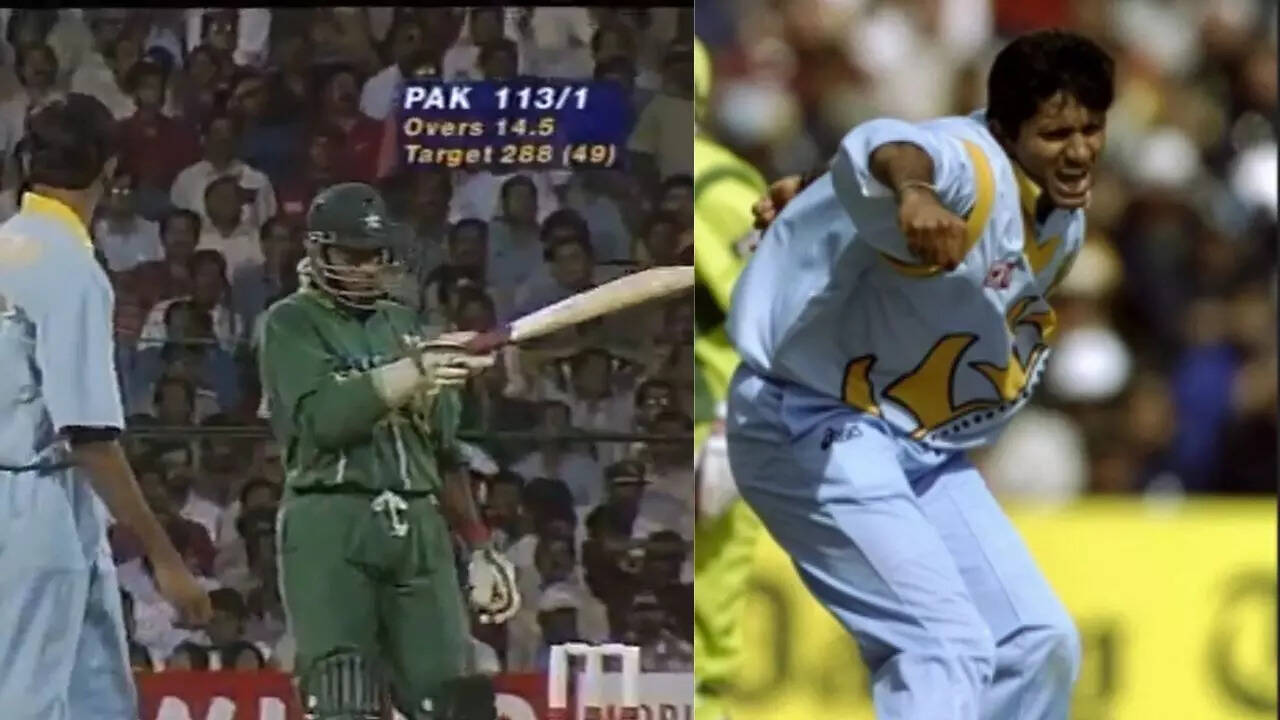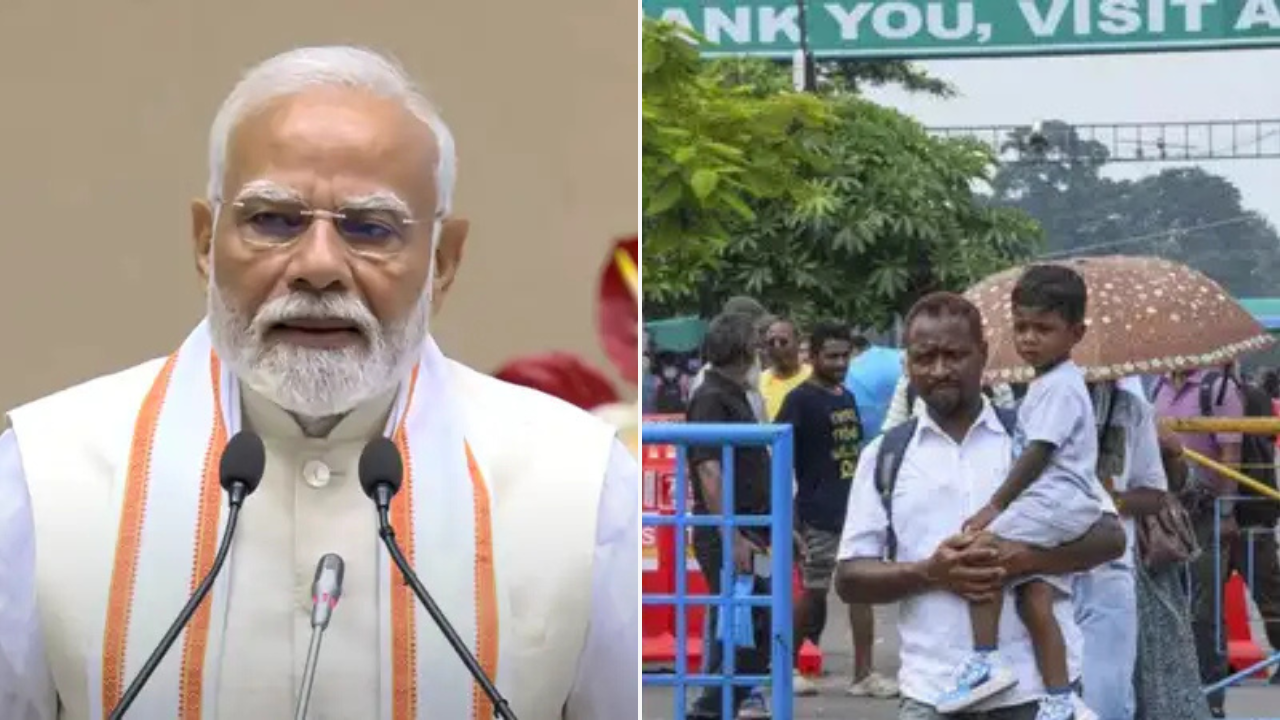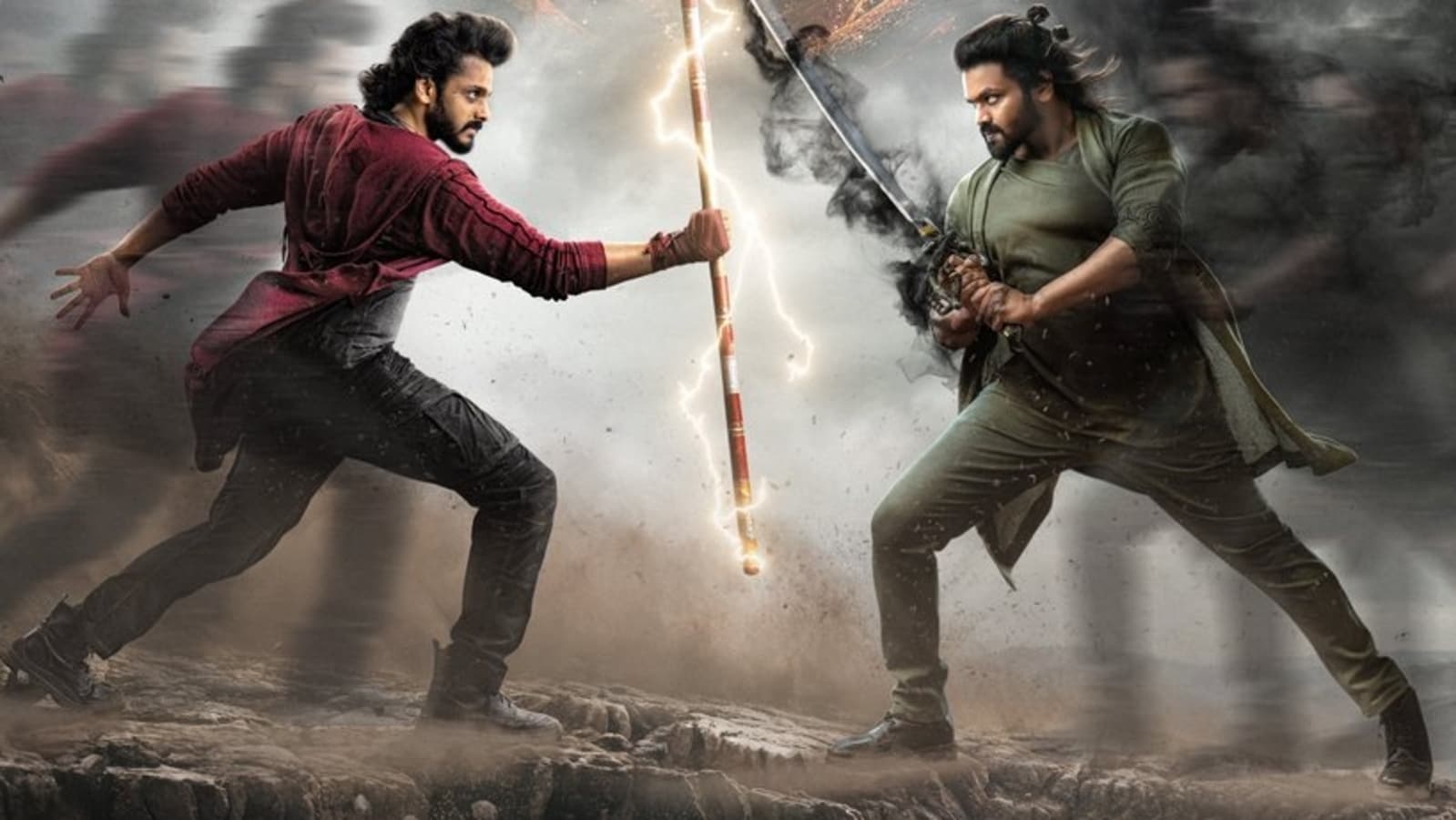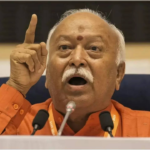Remember a time when Tollywood made fantasy films like Patala Bhairavi, Bhairava Dweepam and Jagadeka Veerudu Athiloka Sundari, where you were transported to a world beyond your own for a few hours thanks to the silver screen? Karthik Ghattamaneni’s Mirai, starring Teja Sajja and Manchu Manoj in the lead roles, also attempts to do that, and it’s fruitful for the most part. Minus portions where the film gets too hammy, the film succeeds in setting up the solid story of an unassuming young man who has greatness in store.

Mirai story
Vedha (Teja) has not had an easy childhood. He has quite literally followed the stars to where they will take him, making ends meet by doing odd jobs and even stealing if need be. One fine day, a sanyasini called Vibha (Ritika Nayak) turns up to tell him he’s destined for something bigger than running a scrap yard and producing counterfeit. There’s a powerful wizard called the Mahabir, aka Black Sword (Manoj), who is looking for nine grandhas (texts) which hold the power to world domination. Even as Vibha tries to convince Vedha that he’s the only one who can save the day with the help of a powerful weapon called Mirai, he struggles to understand his place in the world.
Movie Review

Mirai
Vedha, a drifter with a troubled past, learns from sanyasini Vibha that he is destined to stop the dark wizard Mahabir from seizing nine powerful texts. Torn between disbelief and duty, he must embrace the weapon Mirai to find his true purpose.
Director
Karthik Ghattamaneni
Cast
Teja Sajja, Rithika Nayak, Manchu Manoj, Shriya Saran, Tanja Keller
Verdict
Mirai weaves mythology, fantasy, and anime-inspired imagination into a present-day world where Yodhas still fight and pigeons carry messages. At its heart, it contrasts Vedha’s hopeful heroism with Mahabir’s hardened villainy, two halves of the same cosmic coin
Mirai review
Mirai starts out entertaining and has a story that draws you in. It connects a legend around a repentant Emperor Ashoka after winning the Kalinga war to a weapon used by Lord Rama, and you buy it all. Vedha and Mahabir are shown as two sides of the same coin. If Vedha is a fairytale hero who sometimes lets fireflies guide his way and is not afraid to ask for help, Mahabir is the fairytale villain who has let his circumstances harden him to the point of no return. In one scene, he even describes himself as a black hole created from a dying star. Mirai is set in the present world, but Yodhas exist, and pigeons are still used as modes of communication. Physics, obviously, doesn’t exist in this Anime-inspired world.
What works
Apart from the basic story, Mirai has impressive production design and VFX. Some scenes are truly thrilling, moving along the film whenever a laggy scene has slowed it down. There is a particular scene featuring Garuda Sampati (a divine bird like Jatayu) that keeps you hooked. Another train sequence manages to do the same job. Mahabir’s character and motivations make you wonder if there should’ve been more focus on him. And while Mahabir might be a force to reckon with, but his right-hand woman (Tanja Keller) is no less. She is the surprise star of this film, stealing the show with her fight sequences and the way she is ruthless while kicking some butt. The action featuring Teja and Manoj towards the film’s climax also works.
What doesn’t work
Mirai works only as long as it focuses on the core story at hand – Vedha, his internal struggle, his tendency to use humour as an armour, his path, his destiny and Mahabir, his thirst for vengeance, his hubris, his anger. But once in a while, Karthik gets indulgent and peppers the story with unnecessary humour, which doesn’t just undercut what is actually a pretty serious situation, but it also tests your patience while you’re waiting for the story to progress. Other than a track featuring Raghu Ram, which introduces Vedha to the story, the rest of it, featuring his friend Getup Srinu cracking jokes about prostitutes or a policeman struggling to find the courage to do his job, feels unnecessary. Karthik struggles with seamlessly merging the comedy and the seriousness of the proceedings, even if he might get a chuckle out of you.
In conclusion
Given that HanuMan was Teja’s last film, comparisons are inevitable. But the comparisons between the two end at the fact that both his characters seek divine intervention at a time of dire need. The word ‘superhero’ is perhaps consciously not uttered anywhere throughout the film. Despite the magic that drives the story, Vedha is not a superhero; he is a warrior, a Yodha. So while Mirai is no HanuMan, it does succeed in invoking the nostalgia of a classic good vs evil tale.
PS: Mirai also has an after-credits scene with a superstar’s voiceover, introducing another star as the new antagonist. The film ends by promising a sequel, like most films in Tollywood today, make of that what you will.












